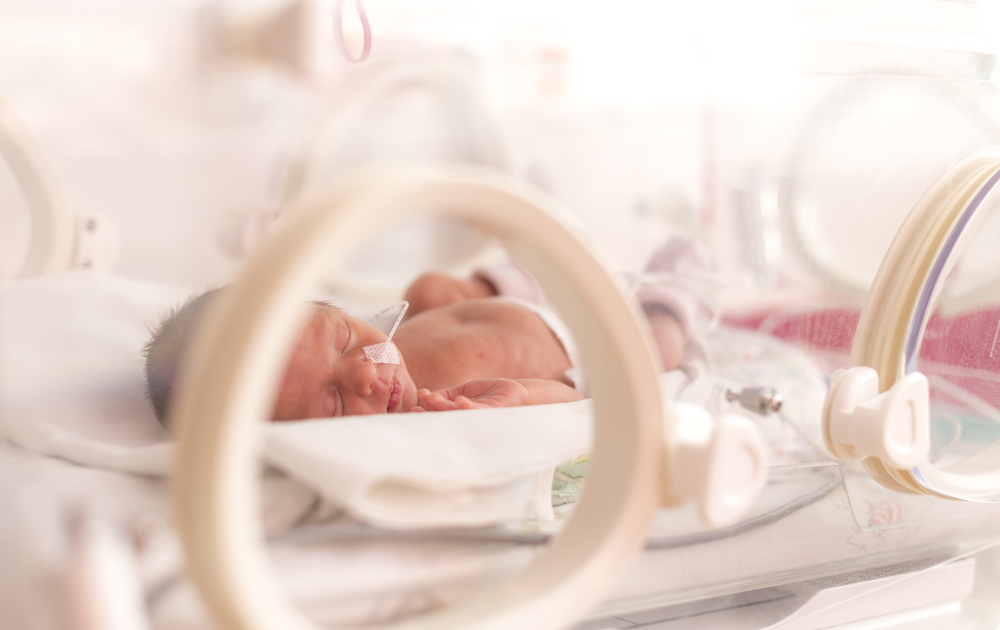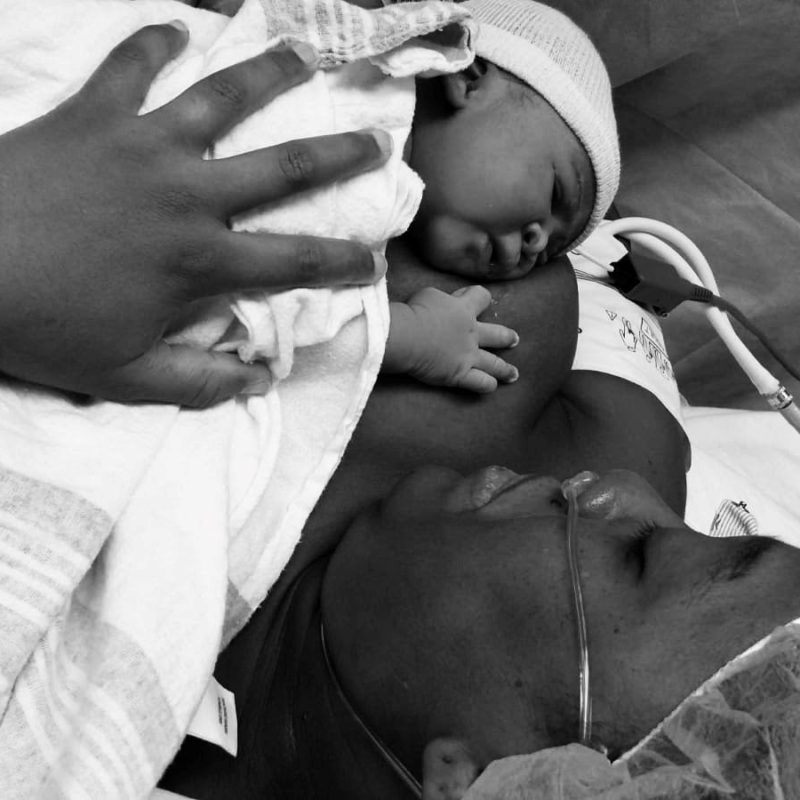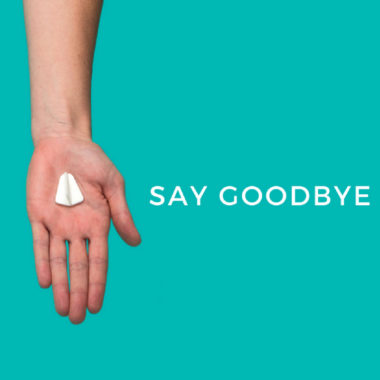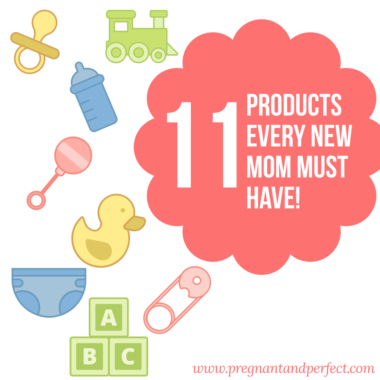What to know about NICU, equipment that is used, and what you can do during this period for yourself and bub.
During pregnancy, you would have always imagined what holding your baby for the first time would feel like. How you would delightfully look into your baby’s eyes, the feeling of his/her heartbeat. These moments are magical and something every pregnant woman anticipates.
This is in no way to scare you but pregnancy is an unpredictable journey. Some mothers are restricted from holding their babies for weeks and even months after birth as all they can do is watch him/her through a transparent chamber while giving their support. This situation which mothers aren’t thrilled about can be caused by different pregnancy complications which we’ll be discussing below.
Firstly, let’s talk about Neonatal Intensive Care Unit (NICU). Neonates are newborns in the first 4weeks of age. Neonates are known to have spent months in their mothers’ womb and this is why transitioning to their new environment may be quite difficult especially in the case of premature birth. Neonates may experience critical health complications during their neonatal period. Some health complications that affect neonates might have occurred during pregnancy, during birth, or after birth.
Related: Newborn Baby Skin Issues – What They Probably Are
NICU is an intensive care nursery designed to provide intensive care for premature (usually) or sick babies that are less than 28days of age.
6 reasons why your newborn may be admitted to NICU
- Prematurity: Preterm babies are babies that are born before the normal gestational period (37 weeks). They are usually placed in an incubator in a NICU as they are not well developed at this stage. This provides an environment that are similar to that of their mother’s womb until they reach a developmental milestone required for their survival. The milestones include having well-developed lungs and other vital organs. Foods are passed intravenously and organ development is monitored.
- Respiratory Distress Syndrome (RDS): This is common in premature babies. This is a condition whereby the lungs are not mature enough to carry out its function, resulting in difficulty breathing. The baby is usually supported by either a breathing tube or a ventilator, depending on its severity.
- Birth trauma: These are problems that may affect a newborn during birth. They are usually caused by physical pressure during delivery which may lead to bone fracture, cuts, blood vessels breakage, injuries in the head, or other vital organs. Injuries in the head may result in cognitive-developmental delays in children. Also, broken vessels cause blood loss, shortage of blood may result in low level of oxygen in blood circulation. This may also cause brain damage due to the absence of oxygen in the blood. In order to prevent this, at the NICU unit, the required quantity of blood is pumped through to keep oxygen circulation flowing.
- Infection of the blood: Also known as “sepsis”, this is a serious health condition. Sepsis occurs when blood is infected by germs or bacteria. It is capable of damaging vital organs in the baby and most likely, cause their death. Babies diagnosed with this condition are admitted to NICU if very ill. He or she will then be treated with antibiotics to fight against any foreign microbes since the immune of such a baby is not strong enough yet.
- Hypoglycemia: a condition known as low blood sugar may occur in preterm babies or babies whose mother is suffering from gestational diabetes. This affects normal body functioning and may result in developmental delays. At the NICU glucose is passed to the baby intravenously till it reaches a balanced level and blood sugar tests are carried out at interval.
- Jaundice: This is also known as hyperbilirubinemia, a condition when a yellow compound (bilirubin) becomes highly concentrated in the bloodstream after the breakdown of red blood cells. This may lead to liver problems in neonates. Neonates with this condition are admitted to NICU for a treatment called “phototherapy” where a bright fluorescent light is shone on the baby in the nursery to breakdown the complex compound “bilirubin” in the blood, making it to be easily excreted till its level is maintained in the blood. Nutrients are supplied to the baby intravenously and excretory products are passed out through a tube.
Equipment used at NICU
- Incubator or Isolette: This equipment is used to provide an environment that mimics the mother’s uterus until the child is matured enough to survive the new environment.
- Heart monitor: This helps to monitor the heartbeat rate and pattern of breathing in a child. The rate is displayed on a screen. An alarm is connected to notify the nurses when the heartbeat rate is either low or high.
- Continuous positive airway pressure (CPAP): This helps to provide oxygen for the baby through a small tube connected to the nose.
- Cooling blanket: This is commonly used to balance the child’s temperature.
- Blood pressure monitor: This monitor displays the baby’s blood pressure from time to time. The pressure is measured by a small cuff placed around the arm.
- Feeding tube: This is a gastric feeding tube that helps to pass required nutrients into a child’s stomach during treatment.
- Intravenous tube: These are tiny tubes connected to the vein by tiny needles, they are used for transporting medicine or fluids inside the body of the baby.
- Pulse oximeter: This is used to determine the level of oxygen in the baby’s blood.
What a mom with a baby in NICU should do
This is usually a difficult time for moms. However, seeing their baby recover can be soothing. Babies are left to be on their own most times during this period as they are mostly attended to by their care providers to prevent them from being exposed to any form of infection. Even though you are not allowed to have physical contact with your baby yet, these are things you can do to help.
- Manage your emotions: Your level of anxiety may be higher than normal this period. Sometimes you just need a shoulder to cry on. Understand that it’s okay to take some time to process everything that is happening and have some days to yourself but it is also important to know that your baby would need you more than ever this period to pull through.
- Visit NICU constantly: You Need to spend time with your baby even if you are not allowed to touch physically. Your breast milk may also be needed to feed the baby, so you’ll be required to pump. The care providers may also need your attention or may want to discuss some things with you regarding your baby’s health. Wash your hands and take all the necessary precautions required of you before meeting with your baby.
- Be hopeful and positive: It is a hard time, no doubt. Pray for a quick recovery for your baby. Be positive it’s all going to turn out well and if you are a religious person, you may need the support from your religious group as well during this period.
Despite how hard this period is, you need self-care. Do not forsake the rest of your family and when you are free, engage in some refreshing activities that can help ease stress and improve your mental health.
- How To Revive Your Sex Life After Baby - October 17, 2023
- The Sona App Aims To Make Your Child “Sleep Like A Baby” And We Tested It - May 14, 2023
- 7 Ways To Get Some Alone Time As A Mom - March 1, 2023








